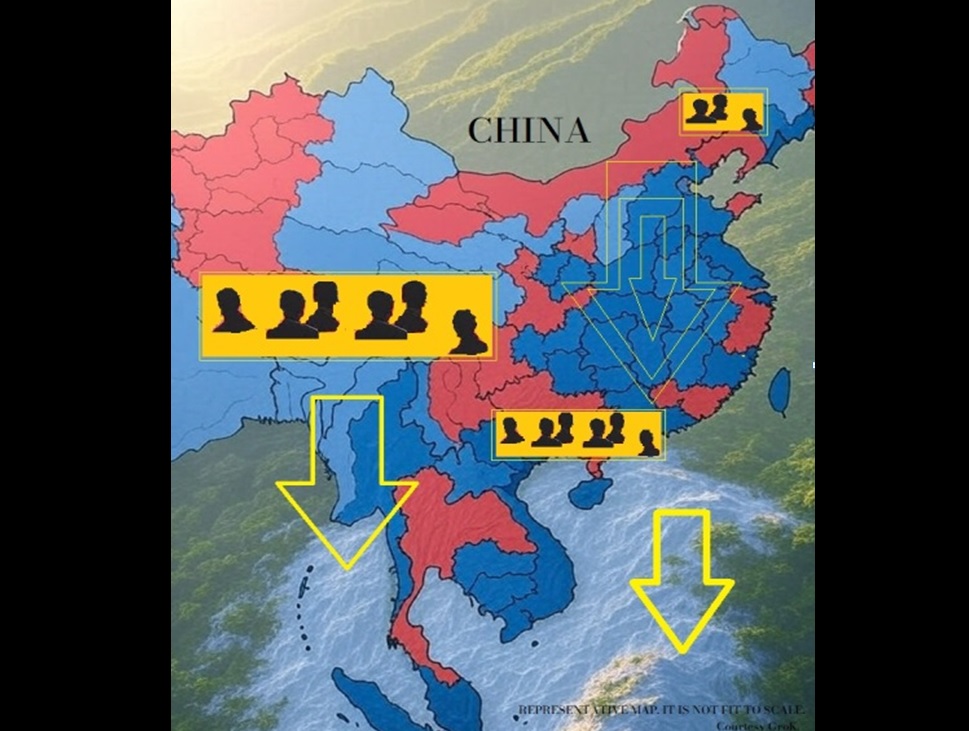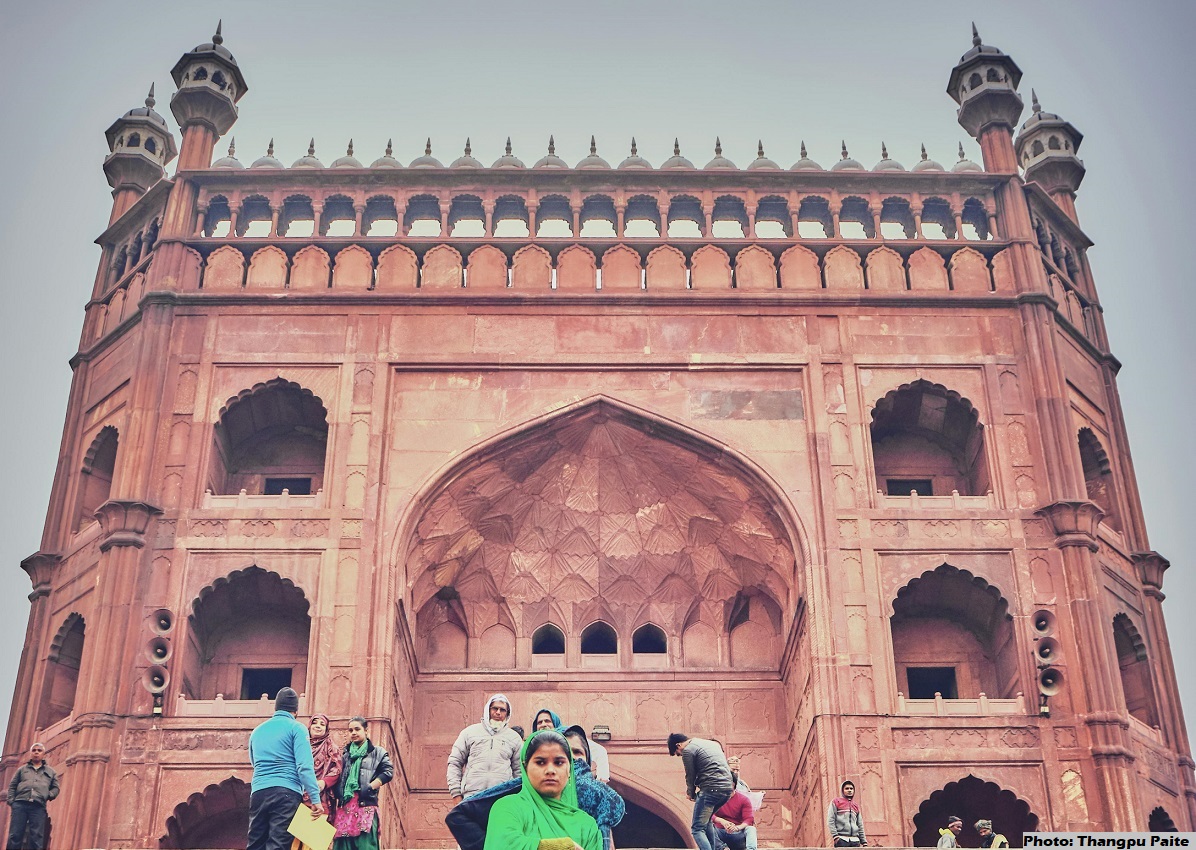The Asian Tribune
www.asiantribune.net
Till a few years ago, China was the most populous countries in the world. But, the recent trends led to transformation of population figures and India has now relegated China to the second place.
The fact that China had to change its long standing policy on birth control, and has gone to the extent of rewarding parents, shows how a slight lack of focus on an aspect, can affect demography and the future too.
As early in 1970s, China felt that its rising population could be a obstacle in its growth. But this policy continued for decades and today, it has brought China to a stage that marriages are fewer, kids are less and the population is like to shrink, fast.
It has lost its place as the most populous country to India, and less than 10 million children were born in a year. If these trends continue, there will be infrastructure but lack of youth and the ration of elderly in its population would be too high.
Beijing has woken up, finally, but is it the right moment? The families are offered 3600 Yuan i.e. 500 dollars or nearly 45,000 Rs per year for each family. India is now at the top as far as population is concerned. Estimates suggest that in 2025, India has gone past 1.45 billion populace.
Though, this wasn’t expected that China would fall behind India and that the former would suffer demographic imbalance to this extent. India has seen drop in fertility rate but still it will continue to grow, say demographers. China has no other option, but to reward the parents and encourage them to have more than one child. The aim is to control the damage to its demography.
The Total Fertility Ratio (TFR) had fallen to almost 1, though it should be at least 2.1 to have a steadily growing populace.
If no benefits are offered and the number of children born remains low, there are fears that the working population would be less and it will be an ‘overage society’ where more than 27% population would comprise elderly citizens who would need health care.
Besides, there would be need for pension, social support and other services while fewer youth would make it hard to maintain the balance. Clearly, China has realized that it needed to act earlier. But do all nations accept mistakes & reverse their policies. It’s a lesson to be learnt.
editor@asiantribune.net




